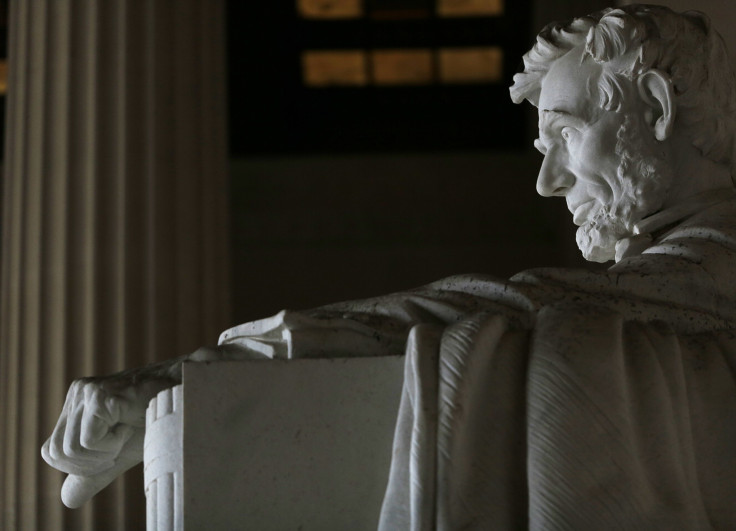What Is National Freedom Day? Facts, Quotes About Abraham Lincoln's Signing Of The Amendment Ending Slavery

Feb. 1 is a day of significance for descendants of American slaves, though it’s likely many African-Americans don’t know it. That was the day in 1865 that President Abraham Lincoln approved a joint resolution of Congress that would lead to the 13th Amendment to the U.S. Constitution, which eventually ended slavery.
The anniversary is now considered National Freedom Day, an observance that celebrates freedom for all Americans. It is not a public or federal holiday.
On National Freedom Day, there is typically a wreath-laying at the Liberty Bell in Philadelphia, the former U.S. capital. Those who observe the day see it as a opportunity to promote goodwill and social equality and to appreciate freedoms that are often taken for granted.
There’s a backstory to the creation of National Freedom Day. Lincoln signed the joint congressional resolution Feb. 1, 1865, proposing the 13th Amendment. But the requisite number of states needed to ratify the amendment wasn’t reached until Dec. 6, 1865.
This achievement prompted celebrations in the North, according to a historical account by the National Constitution Center. A poem by John Greenleaf Whittier, a white Quaker abolitionist, captured the celebratory moment: “IT is done! / Clang of bell and roar of gun / Send the tidings up and down / How the belfries rock and reel! / How the great guns, peal on peal / Fling the joy from town to town!”
Lincoln did not live to see the 13th Amendment ratified, but there was a movement to see Feb. 1 commemorated in perpetuity. National Freedom Day was the idea of former Georgia slave Richard Wright, who lobbied Congress to designate Feb. 1 as the day.
Aside from commemorations of slavery’s abolition, black activists have continued to push for reparations over the inhumane institution. Democrats and Republicans in Washington, D.C., came together Dec. 12 to mark 150 years since the 13th Amendment’s signing. But talks of how to atone for slavery have stalled in Congress.
© Copyright IBTimes 2024. All rights reserved.





















